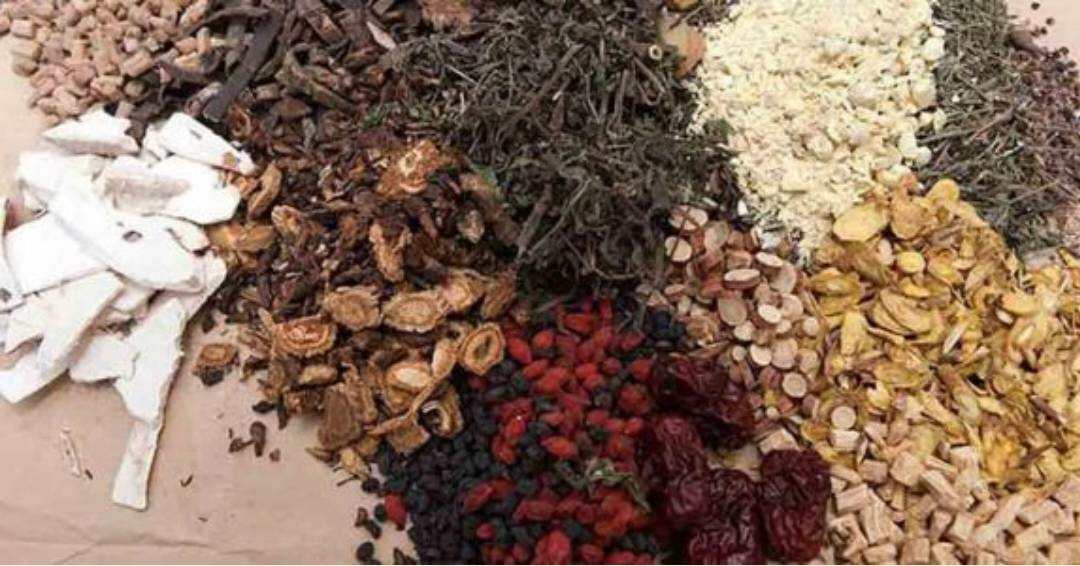
A significant global summit on traditional medicine, organized by the World Health Organisation (WHO), is poised to delve into the pivotal role that ancient medical practices play in addressing health challenges and propelling sustainable development. This unique event is being held concurrently with the G20 health ministerial meeting in Gandhinagar from August 17 to 18, and is co-hosted by the Union Ministry of AYUSH.
The summit’s focal point will revolve around the utilization of traditional medicine to tackle health issues and advance sustainable development. More than 350 representatives from over 90 countries, along with 200 Indian delegates, are set to participate, with health ministers from 12 non-G20 nations also in attendance.
The culmination of this two-day summit will result in a declaration that outlines the trajectory for the Global Centre for Traditional Medicine (GCTM) situated in Jamnagar. This center will serve as a cornerstone for shaping policies, standards, and practices pertaining to traditional medicine worldwide, ensuring its integration into health systems while maintaining quality and safety.
Traditional medicine encompasses a rich tapestry of practices, from acupuncture and ayurvedic medicine to herbal mixtures and modern pharmaceuticals. Approximately 80% of the global population reportedly employs traditional medicine, underlining its enduring significance. Governments of 170 out of 194 WHO Member States have sought WHO’s assistance in cataloging reliable evidence and data on traditional medicine practices and products.
These traditional practices, deeply embedded in sociocultural and biodiversity legacies, hold the potential to drive diverse and inclusive sustainable development. Moreover, traditional medicine is a burgeoning player in the trillion-dollar health, wellness, beauty, and pharmaceutical industries.
The contemporary relevance of traditional medicine is increasingly being recognized by modern science. Notably, 40% of approved pharmaceuticals are derived from natural sources, reflecting the need to conserve biodiversity. The inception of aspirin, the contraceptive pill, and cancer treatments drew inspiration from traditional medicine formulations. Nobel Prize-winning research on artemisinin stemmed from an exploration of ancient Chinese medicine texts.
Traditional medicine’s evolution is also evident in the realm of technology, with AI mapping evidence, mobile apps, online classes, and AI-driven product screening. The Indian government’s establishment of the Ministry of AYUSH underscores the importance of traditional practices like Ayurveda, Yoga, Naturopathy, Unani, Siddha, Sowa-Rigpa, and Homoeopathy.
At the heart of these developments lies the WHO Global Centre for Traditional Medicine in Jamnagar. Conceived as a knowledge hub, this center’s establishment was marked by Prime Minister Narendra Modi in the presence of WHO Director-General Tedros Adhanom Ghebreyesus in April 2022. This pioneering center will amplify traditional medicine’s contribution to global health and sustainable development, with a focus on evidence, data, equity, innovation, and technology.

Post Your Comments